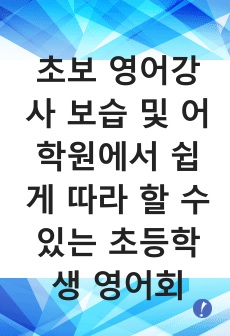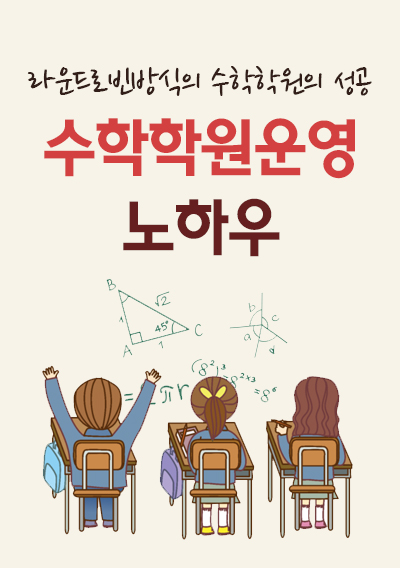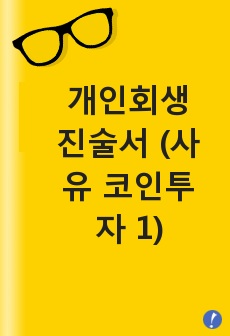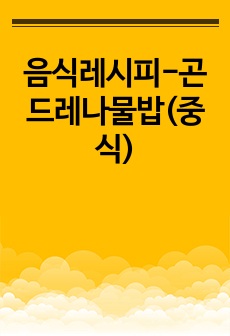일제강점기 ‘전위미술론’ 의 전통관 연구 — ‘문장(文章)’그룹을 중심으로
* 본 문서는 배포용으로 복사 및 편집이 불가합니다.
서지정보
ㆍ발행기관 : 한국미술이론학회
ㆍ수록지정보 : 미술이론과 현장 / 4권
ㆍ저자명 : 박계리
ㆍ저자명 : 박계리
목차
Ⅰ. 머리말Ⅱ. 매체와 전통인식
Ⅲ. 문장 그룹의 예술론과 고전론
(1) 이태준의 문학∙예술론
(2) 김용준의 문인화론
(3) 문장파의 전위미술론과 고전론
Ⅳ. 결론
참고문헌
Abstract
영어 초록
From the late 1920s to the 1930s, Korea’s fine art community focused on traditionalviewpoints as their main topic. The traditional viewpoints were discussed mainly byKorean students studying in Japan, especially oil painters. Such discussions on tradition canbe divided into two separate halves, namely the pre- and post-Sino-Japanese War (1937)periods. Before the war, the modernists among Korea’s fine art community tried to gain afuller understanding of contemporary Western modern art, namely, expressionism,futurism, surrealism, and so forth, on the basis of Orientalism, and borrow from theseschools’in order to create their own works. Furthermore, proponents of Joseon’s avant-garde fine arts and artists of the pro-fine art school triggered debate on the traditionalviewpoints. After the Sino-Japanese War, these artists continued to embrace Westernmodern art on the basis of Orientalism. However, since Western modern fine art wasregressing into Oriental fine art during this period, Korean artists did not need to researchWestern modern fine art, but sought to study Joseon’s classics and create Joseon’s ownavant-garde fine art in a movement led by the Munjang group. This research reviews thetraditional view espoused by the Munjang group, which represented the avant-garde fineart movement of the post-war period. Advocating Joseon’s own current of avant-garde fine art through the Munjang literarymagazine, Gil Jin-seop, Kim Yong-jun and others accepted the Japanese fine artcommunity’s methodology for the restoration of classicism, but refused Orientalism as anideology, and attempted to renew their perception of Joseon tradition. The advocation ofthe restoration of classicism by Gil Jin-seop and Kim Yong-jun appears to be similar to thatof the Yasuda Yojuro-style restoration of classicism. However, Gil Jin-seop and Kim Yong-jun did not seek their sources of classicism from the Three-Kingdoms and Unified Sillaperiods, which Japan had promoted as a symbol of unity among the Joseon people;instead they sought classicism from the Joseon fine art which the Japanese had criticized asa hotbed of decadence. It was the Joseon period that the Munjang group chose as classicism when Japanwas upholding Fascism as a contemporary extremism, and when Hangeul (Korean writing system) was banned from schools. The group highly evaluated literature written in the styleof women, especially women’s writings on the royal court, as represented by Hanjungnok(A Story of Sorrowful Days). In the area of fine art, the group renewed the evaluation of notonly literary paintings, but also of the authentic landscape paintings refused by, and thevalues of the Chusa school criticized as decadent by, the colonial bureaucratic artists,thereby making great progress in promoting the traditional viewpoint. Kim Yong-junembraced a painting philosophy based on the painting techniques of Sasaeng (sketching),because he paid keen attention to the tradition of literary paintings, authentic landscapepaintings and genre paintings. The literary painting theory of the 20th century, which washighly developed, could naturally shed both the colonial historical viewpoint whichregarded Joseon fine art as heteronomical, and the traditional viewpoint which regardedJoseon fine art as decadent. As such, the Munjang group was able to embrace the Joseon period as the source ofclassicism amid the prevalent colonial historical viewpoint, presumably as it hadaccumulated first-hand experience in appreciating curios of paintings and calligraphicworks, instead of taking a logical approach. Kim Yong-jun, in his fine art theory, definedartistic forms as the expression of mind, and noted that such an artistic mind could beattained by the appreciation of nature and life. This is because, for the Munjang group, theexperience of appreciating nature and life begins with the appreciation of curios ofpaintings and calligraphic works. Furthermore, for the members of the Munjang group, who were purists who valuedartistic style, the concept of individuality presumably was an engine that protected themfrom falling into the then totalitarian world view represented by the Nishita philosophy. Such a 20th century literary painting theory espoused by the Munjang groupconcurred with the contemporary traditional viewpoint spearheaded by Oh Se-chang in the1910s. This theory had a great influence on South and North Korea’s fine art theories andcircles through the Fine Art College of Seoul National University and Pyongyang Fine ArtSchool in the wake of Korea’s liberation. In this sense, the significance of the theoryshould be re-evaluated.참고 자료
없음태그
"미술이론과 현장"의 다른 논문
 2006 한국미술이론학회 국제학술심포지엄 “현대미술과 내셔널리즘(Nationalism and Art..6페이지
2006 한국미술이론학회 국제학술심포지엄 “현대미술과 내셔널리즘(Nationalism and Art..6페이지 The two aspects of a nationalistic art in Greece, 1950~..21페이지
The two aspects of a nationalistic art in Greece, 1950~..21페이지 미군정의 문화정책과 미술, 1945~194826페이지
미군정의 문화정책과 미술, 1945~194826페이지 미국문화, 그 기로에 서서 — NEA(국립예술진흥기금)를 둘러싼 논쟁 중심으로24페이지
미국문화, 그 기로에 서서 — NEA(국립예술진흥기금)를 둘러싼 논쟁 중심으로24페이지 1949년~1966년 시기 중국 선전화 연구 — 유화와 포스터를 중심으로28페이지
1949년~1966년 시기 중국 선전화 연구 — 유화와 포스터를 중심으로28페이지 1930년대 상해의 모던[摩登] 여성 이미지 — 시각화된 복제미술을 중심으로17페이지
1930년대 상해의 모던[摩登] 여성 이미지 — 시각화된 복제미술을 중심으로17페이지 광복 후부터1950년대까지 한국에서 활동한 외국인이 본 한국미술22페이지
광복 후부터1950년대까지 한국에서 활동한 외국인이 본 한국미술22페이지 그리스 내셔널리즘 미술의 두 얼굴, 1950~196016페이지
그리스 내셔널리즘 미술의 두 얼굴, 1950~196016페이지 현대 한국미술과 민족주의란 두 개의 얼굴36페이지
현대 한국미술과 민족주의란 두 개의 얼굴36페이지 미술과 집단성9페이지
미술과 집단성9페이지

























